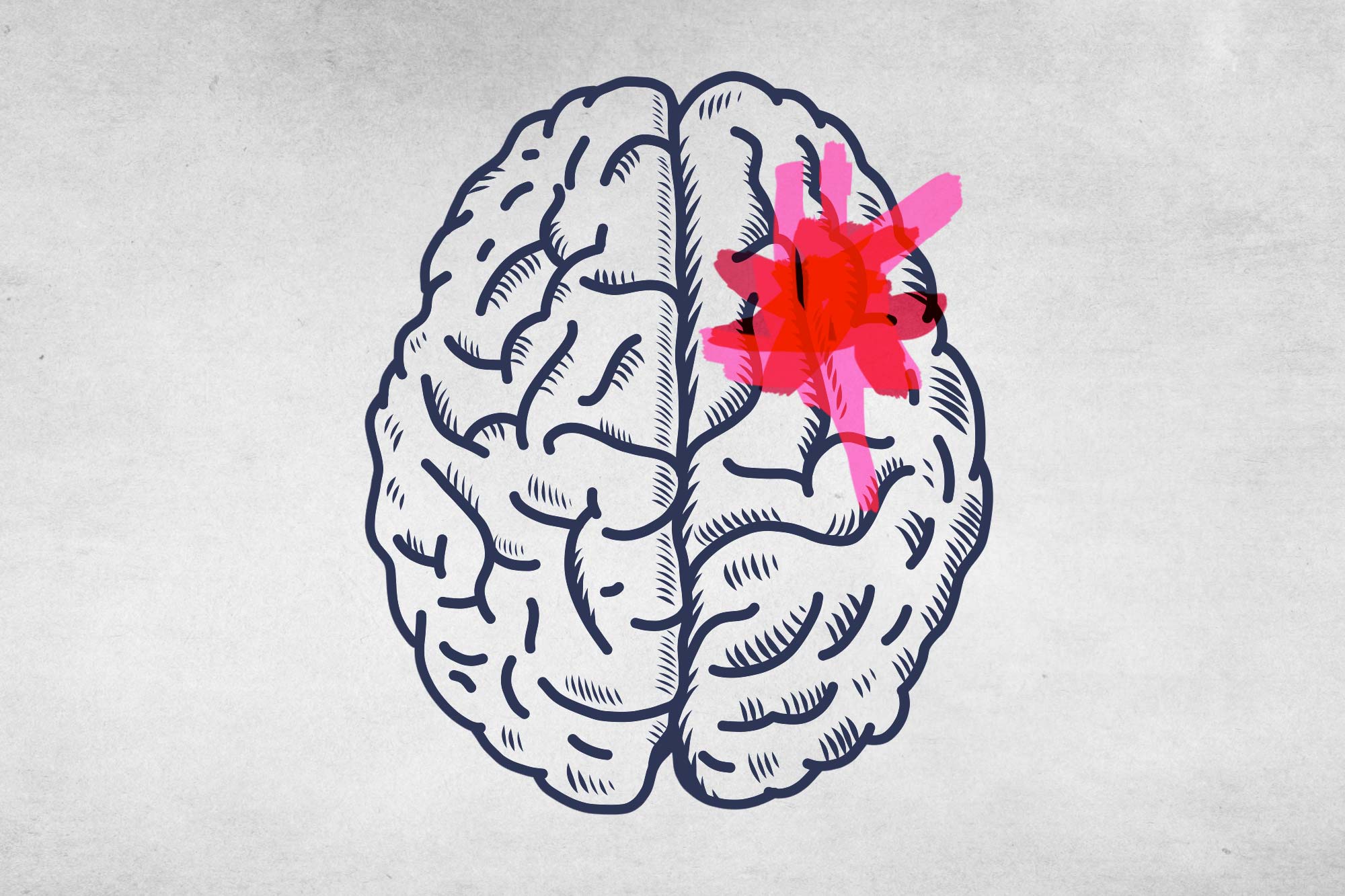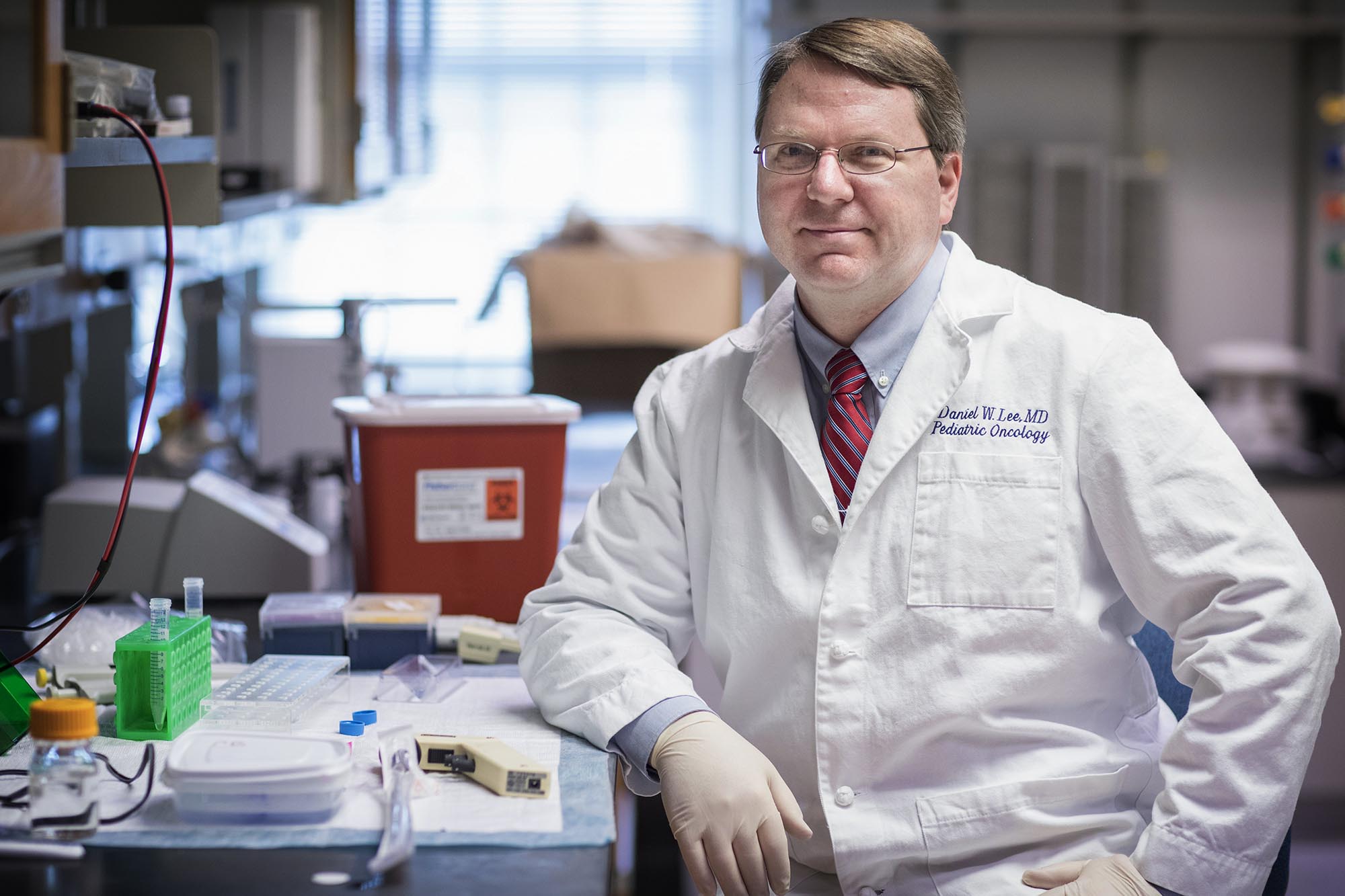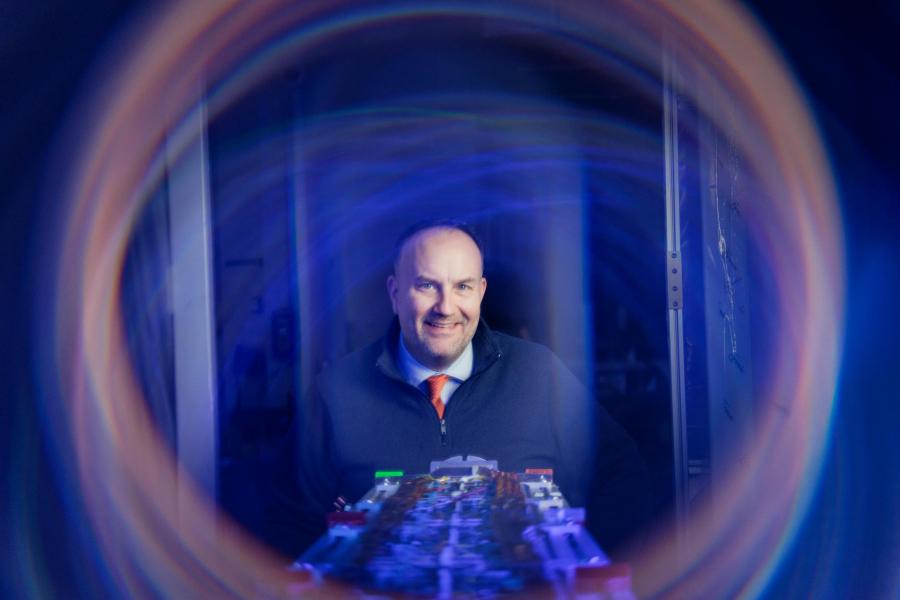New research from UVA Cancer Center and UVA Children’s Hospital could be a “game-changer” in the treatment of a pair of deadly brain tumors, and the discovery could lead to better treatments for other solid tumors as well.
The research is focusing on two kinds of tumors – called glioblastoma and diffuse intrinsic pontine glioma, sometimes referred to as DIPG – that lack effective treatments. On average, less than 7% of patients with glioblastoma survive five years, and, for children, life expectancy with DIPG is only nine months after diagnosis.
The researchers are seeking to enhance a treatment known as CAR T-cell immunotherapy that is already being used to fight other cancers, such as types of leukemia and lymphoma. The process weaponizes the body’s T cells, a type of immune-system cell, to seek out and kill cancer cells.
UVA Health’s new research has identified vulnerabilities in these solid brain tumors that could make CAR T-cell immunotherapy effective against them as well.
“Researchers have struggled for decades to find new therapies to treat these cancers,” said Dr. Daniel “Trey” Lee, a UVA researcher and pioneer in the field of CAR T-cell immunotherapy. “Our work strongly suggests that CAR T cells could be highly active in treating glioblastoma and DIPG.






